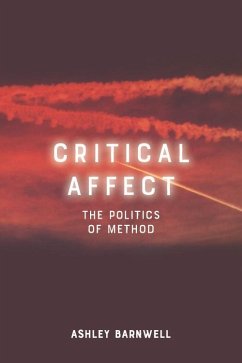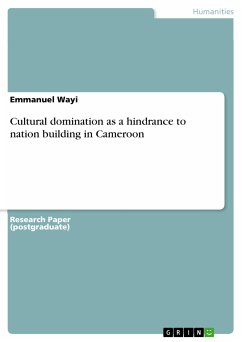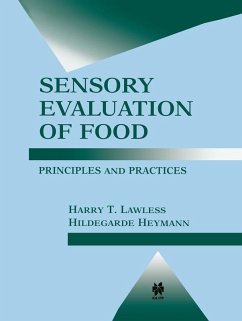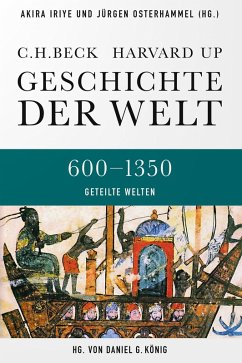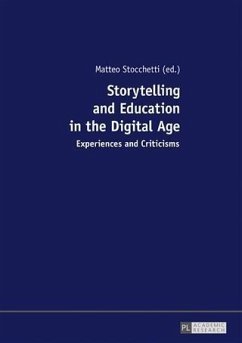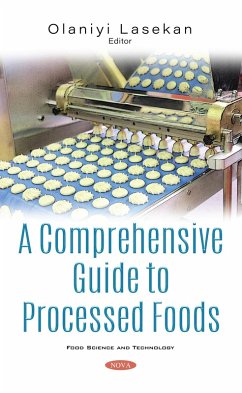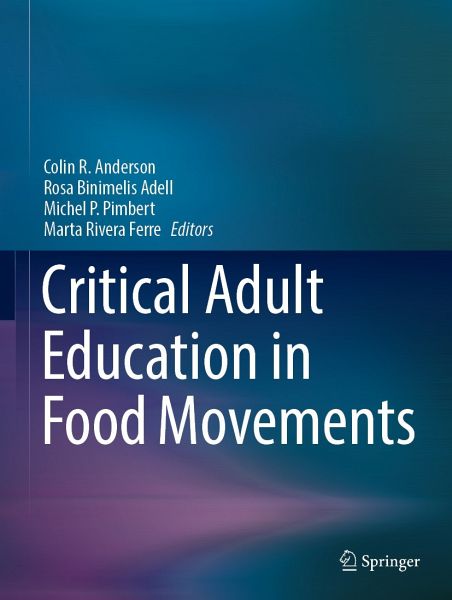
Critical Adult Education in Food Movements (eBook, PDF)
Versandkostenfrei!
Sofort per Download lieferbar
88,95 €
inkl. MwSt.
Weitere Ausgaben:

PAYBACK Punkte
44 °P sammeln!
This book focuses on research that shows the importance of critical adult education for the spread of food sovereignty and agroecology to more people and places. It pays particular attention to the important role that learning, education and pedagogy can play in social transformation for food sovereignty and justice-an approach referred to broadly as "Learning for Transformation". It reveals common dynamics and principles that critical education for food sovereignty share in different contexts. The book draws together 8 chapters that offer new critical insights about why, where, and how learni...
This book focuses on research that shows the importance of critical adult education for the spread of food sovereignty and agroecology to more people and places. It pays particular attention to the important role that learning, education and pedagogy can play in social transformation for food sovereignty and justice-an approach referred to broadly as "Learning for Transformation". It reveals common dynamics and principles that critical education for food sovereignty share in different contexts. The book draws together 8 chapters that offer new critical insights about why, where, and how learning for transformation is being implemented,-and what next.
Previously published in Agriculture and Human Values Volume 36, issue 3, September 2019
Chapter "Transformative agroecology learning in Europe: building consciousness, skills and collective capacity for food sovereignty" is available open access under a Creative Commons Attribution 4.0 International License via link.springer.com.
Dieser Download kann aus rechtlichen Gründen nur mit Rechnungsadresse in A, B, BG, CY, CZ, D, DK, EW, E, FIN, F, GR, HR, H, IRL, I, LT, L, LR, M, NL, PL, P, R, S, SLO, SK ausgeliefert werden.



